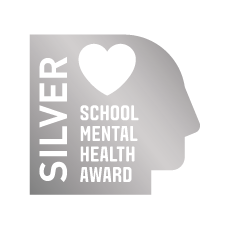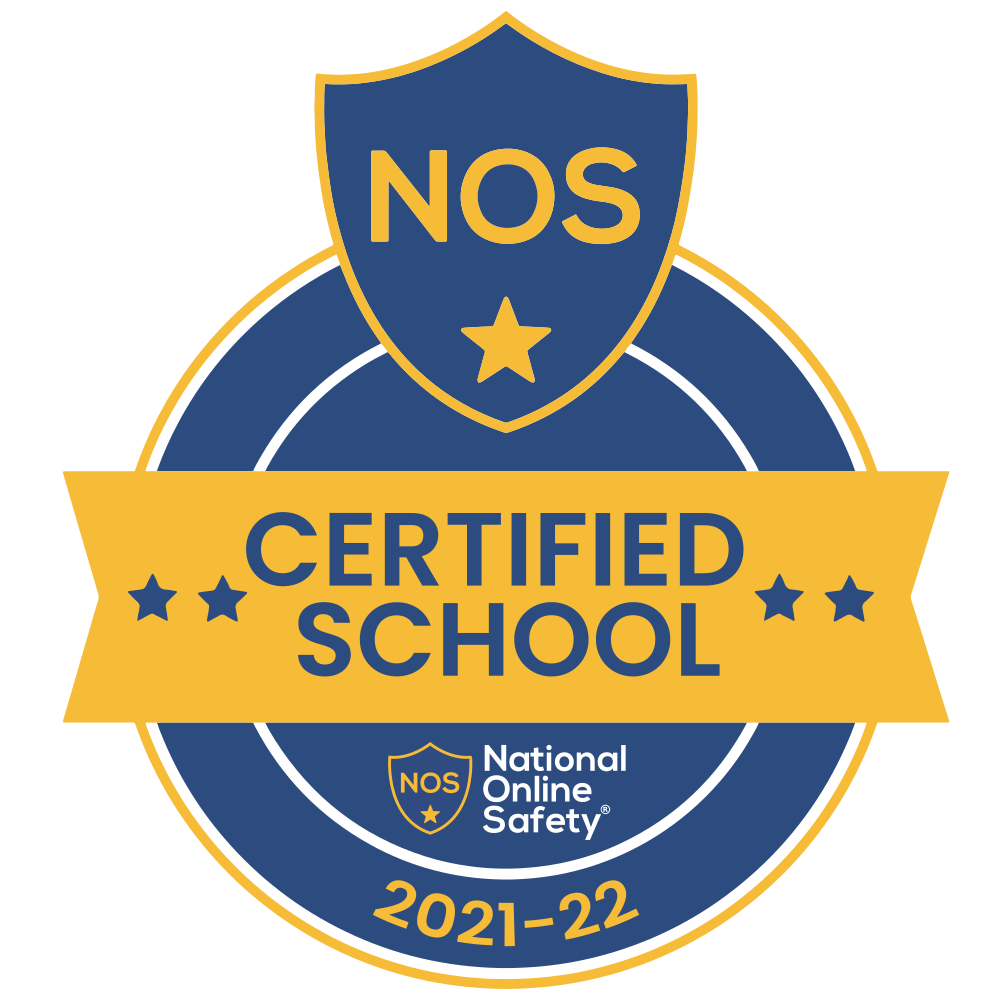Humanities
Geography – Curriculum Adventure
History – Curriculum Adventure
Philosophy and Ethics – Curriculum Adventure
Travel and Tourism – Curriculum Adventure
Curriculum Intent: Humanities
The aim of the humanities curriculum is to develop a love of the study of history, geography and RE, and allow students the opportunity to deepen their understanding of the world and their place within it.
Our courses allow students to understand what the world is like, and the role humans have had in shaping it. We seek to challenge prejudicial views and develop an understanding and appreciation of our human, physical, and spiritual world through the use of subject specific and generic, cross-curricular skills. Our hope is to empower students to go out and make the world a better place!
Key Stage Three – History
The Key Stage Three History course follows the requirements of the National Curriculum and is taught in chronological order. The course builds students’ historical knowledge and skills and develops an understanding of historical issues whilst allowing opportunities to reflect upon how issues and events have impacted our contemporary societies. A key element of the history course is the learning of lessons from the past historical events.
Year 7
Intent: To develop historical skills whilst gaining a deeper understanding of Medieval English history
Content:
- Historical Skills
- Migration
- 1066
- The Normans
- Medieval Life
Year 8
Intent: To enhance historical skills of study through continued a chronological study of British history 1485 – 1900
Content:
- Tudors
- The Civil War
- The Industrial Revolution
- Empire and Slavery
Year 9
Intent: To develop a wider understanding of events in the 20th Century and provide opportunities to reflect upon how these have shaped the world we live in today
- Women in the 20th Century
- World War Two
- The Holocaust
- The Civil Rights Movement
Key Stage Three – Geography
Geography in Years 7 – 9 follows the requirements of the National Curriculum and develops both geographical skills and geographical understanding. A key feature of the course is sustainability, and students in Year 8 and Year 9 in particular are asked to reflect upon how human actions and activity can have a positive and negative impact on the world. By the end of the course, students will have a better developed ability to used mathematical, visual, and literacy skills in the context of geographical knowledge and have broadened their understanding of the physical and human world beyond their normal life experiences.
Year 7
Intent: For students to be able to articulate the wide nature of geography and develop the skills needed for further study
- Introduction to Geography/The Geography of Derby
- Water Weather and Climate
- Map Skills
- Amazing Places
Year 8
Intent: To deepen students’ knowledge of human and physical geography and how each provides opportunities and challenges for development
- Development
- World Biomes
- Tectonic Hazards
- China
Year 9
Intent: To broaden students’ understanding of how human and physical processes shape the world we live in today
- Climate Change
- Russia
- Geology and Geomorphology and Glaciation
- Comparing Places: China and Africa
Key Stage Three – Religious Education
The RE course seeks to pose and develop students’ knowledge of Christianity and other world faiths, as well as to explore ‘big philosophical questions’. Lessons primarily focusing on ‘learning about’ religions and religious practices, ‘learning from’ what religions teach their followers, and ‘reflecting on’ why these beliefs might be helpful.
In line with the Derbyshire Agreed Syllabus, just over half of our content is based on Christian Teachings (55% of the population of Derby declare themselves as Christian), and the remaining lessons focus on other major world religions and the beliefs of atheists and humanists. There is no preference given to any second religion of study as there is a wide range of non-Christian believers in the Derby area.
Year 7
Intent: To introduce some of the key events and principals in the history of Christianity, supplementing with knowledge, understanding and reflection on Judaism and Islam
Content:
- History of Christianity
- Christianity in the Modern World
- Judaism
- Islam
Year 8
Intent: To deepen knowledge of the history of Christianity through the study of the Old Testament, linking back to what we already know about Judaism and Islam. To reflect on how science and religion collide when considering the origins of the universe, and to learn and reflect upon religious art, architecture and Buddhism.
Content:
- The Old Testament
- Origins of the Universe
- Places of Worship and Religious Art
- Buddhism
Year 9
Intent: To ask and answer big questions about the role of religion in modern day society (and 20th Century history). To gain deeper insight into Sikhism and Hinduism, particularly how followers of these faiths can be of benefit to modern Britain.
- Vocation, Community Cohesion and the Multi Faith Society
- Moral Issues in RE
- Hinduism
- Sikhism
AQA GCSE History
Through studying these units, we aim to develop an understanding of key events and developments in British and wider world history. Students are taught to develop historical enquiry approaches to their learning, and independently answer key questions about important issues whilst critically evaluating the validity of sources. A key element of this course is the building-on prior knowledge and skills (from Key Stage Three) to understanding why certain events have been afforded historical significance. Students are taught how to best communicate their findings and reach substantiated conclusions to their work.
Intent: “Those who do not learn from history are condemned to repeat it” – students studying this course will deepen their knowledge of key historical periods and events and learn how these have led the formation of modern day society.
Content:
- Elizabethan England
- Elizabeth and Power
- Elizabeth’s Early Reign
- Wealth and Fashion
- Poverty
- Exploration
- Mary, Queen of Scots
- The War with Spain
- Democracy to Dictatorship in Germany
- Germany and the First World War
- The Weimar Republic
- Hitler in Power
- Conflict and Tension 1918-1939
- Peace making after World War One
- The League of Nations and international peace
- The origins and outbreak of World War two
- Britain: Health and the People – 1250 to 2000Medieval Medicine
- The Renaissance
- The Industrial Revolution
- Modern Medicine
AQA GCSE Geography
The course allows students to use their Key Stage 3 geography knowledge as ‘hooks’ for further development (the GCSE curriculum interleaves with, and builds upon, previous knowledge and skills, often using new case study contexts, as opposed to repeating it) and seamlessly leads-on from the knowledge-based approach being adopted across the curriculum areas.
Intent: For students to gain a broad and deep understanding of how human and physical geography has shaped the lives of people around the world and the landscapes we live amongst.
Topics studied include:
- Natural Hazards: Tectonic Hazards
- Natural Hazards: Weather Hazards
- Climate Change
- Ecosystems
- Tropical Rainforests
- Hot Deserts
- Physical Landscapes in the UK: Coasts
- Physical Landscapes in the UK: Rivers
- Urban Issues and Environments
- The Changing Economic World
- Resource Management
- Energy
- Fieldwork – removed by AQA for classes of 2021 and 2022
- Issue Evaluation (Analysis of information from pre-released sources)
Assessment
In humanities, students are assessed using examples of past examination paper questions in Years 10 and 11. This allows us to get into the habit of answering in the ‘examination style’ which includes the recall of knowledge (e.g. definitions), use of skills (e.g. mapwork, historical source analysis), and extended writing.
In Key Stage Three, our assessments are designed to allow students to ‘get into the habit’ of answering in the examination style and so they too are assessed in their ability to demonstrate knowledge, skills, and understanding of both the present topic and the previous topics that academic year – as per the academy’s assessment policy.
Key lesson vocabulary and concepts are constantly revisited in assessments, and students have the opportunity to write in an extended manner, in every assessment, and be scored on their use of spelling, punctuation, grammar and quality of written communication (including the relevant use of key terms).
Travel and Tourism Qualifications
These vocational courses allow students to learn about the Travel and Tourism industry whilst acquiring the skills and understanding needed to perform a variety of job roles in this sector. Students study the variety of destinations which are attractive to tourists in the UK, as well as they types and needs of tourists both at home and abroad. They learn about what makes destinations attractive (and unattractive) and how the industry delivers positive customer experiences to create memories for life.
Intent: To begin to equip students with the knowledge and skills needed to function in one of the 3.8 million jobs in the travel and tourism sectors in the UK. To inspire them to study further and work in this sector.
Year 11 – Edexcel BTEC First Award in Travel and Tourism (Level 1/Level 2)
The four units are:
- The travel and tourism sector (Externally assessed, examination)
- UK travel and tourism destinations (Internally assessed, coursework assignments)
- The travel and tourism customer experience (Internally assessed, coursework assignments)
- Factors affecting worldwide travel and tourism (Internally assessed, coursework assignments)
Year 10 – Edexcel BTEC Tech Award in Travel and Tourism
The three units are:
- Travel and tourism organisations and destinations (Internal assessment)
- Influences on global travel and tourism (External assessment)
- Customer needs in travel and tourism (Internal synoptic assessment)
Enrichment Opportunities
In 2020/21, the department offered the Our World, Our Environment extracurricular club as well as the History’s Mysteries club. We will continue to offer opportunities for learning beyond the classroom in coming years.
The department contributes to many of the Inspiration Day activities within school, including the RE team who have involvement delivering sessions on contraception, consent and marriage in the Year 9 Relationships Day.
As restrictions end, the department will seek opportunities to offer more and better fieldwork opportunities and we hope to introduce a cross-humanities Key Stage 3 field visit at some point in the future.



